
Exciting new series on “Voice, Body and Movement for Lawyers – How to connect with the jury and find Justice Through Dramatic Technique!”
Click here to find out more
In Diaz v. United States, 144 S.Ct. 1727 (2024), a divided court held that expert testimony in a criminal case, as to whether “most people” in the defendant’s position have a particular mental state, does not run afoul of Federal Rule of Evidence 704(b)’s prohibition against expert opinion evidence about whether a criminal defendant had or lacked the mental state required for conviction. Particularly in white-collar cases, where the defendant’s intent is often the central disputed issue, the implications of Diaz may be far-reaching.
This presentation will explore the background and contours of Rule 704(b), examine Diaz and other decisions relevant to the Rule, and consider defense strategies in a post-Diaz landscape.
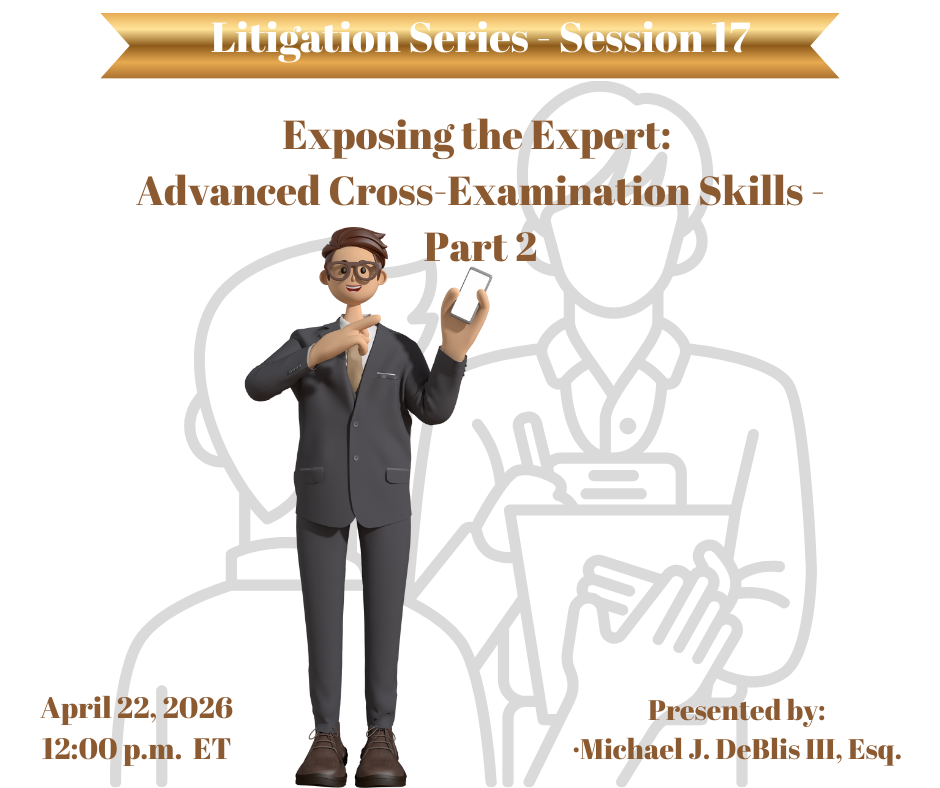
Part 2 - This program will continue the discussion from Part 1 focusing specifically on cross?examin...
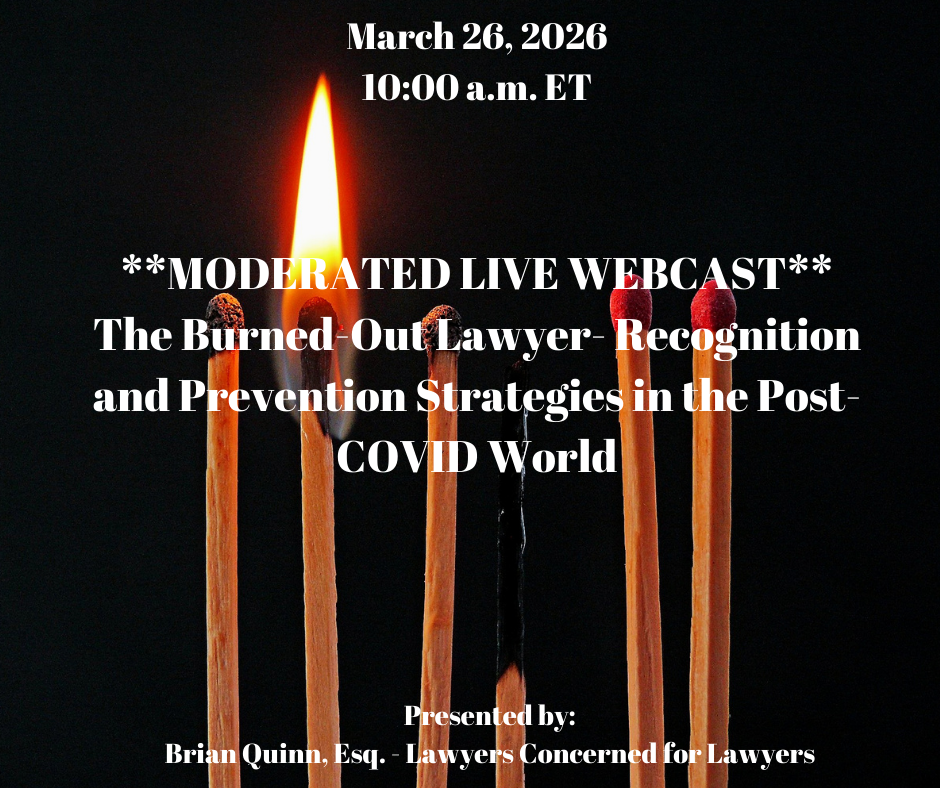
If there is one word we heard during our journey through the pandemic and continue to hear more than...
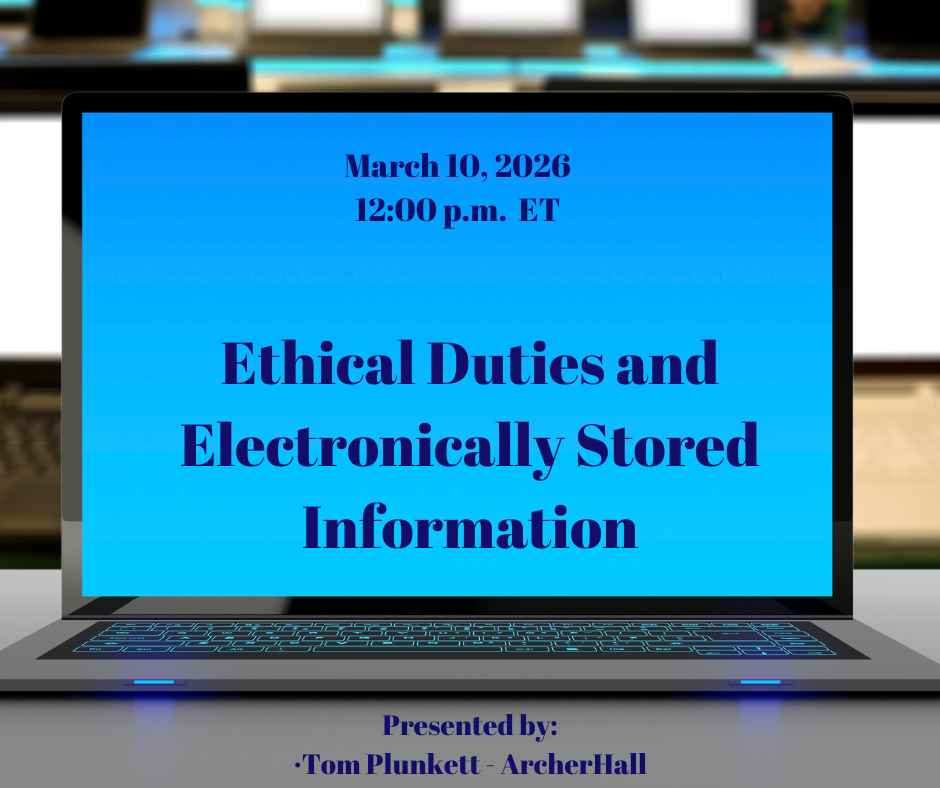
This CLE program examines attorneys’ ethical duties in managing electronically stored informat...
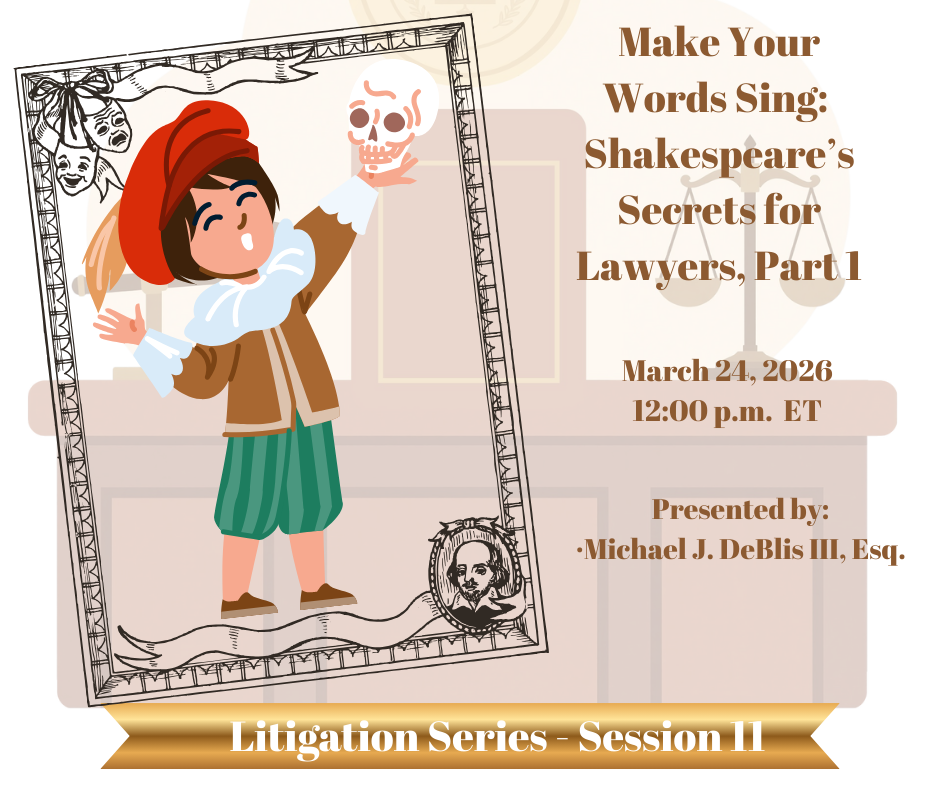
This Shakespeare?inspired program illustrates how Shakespearean technique can enrich courtroom advoc...
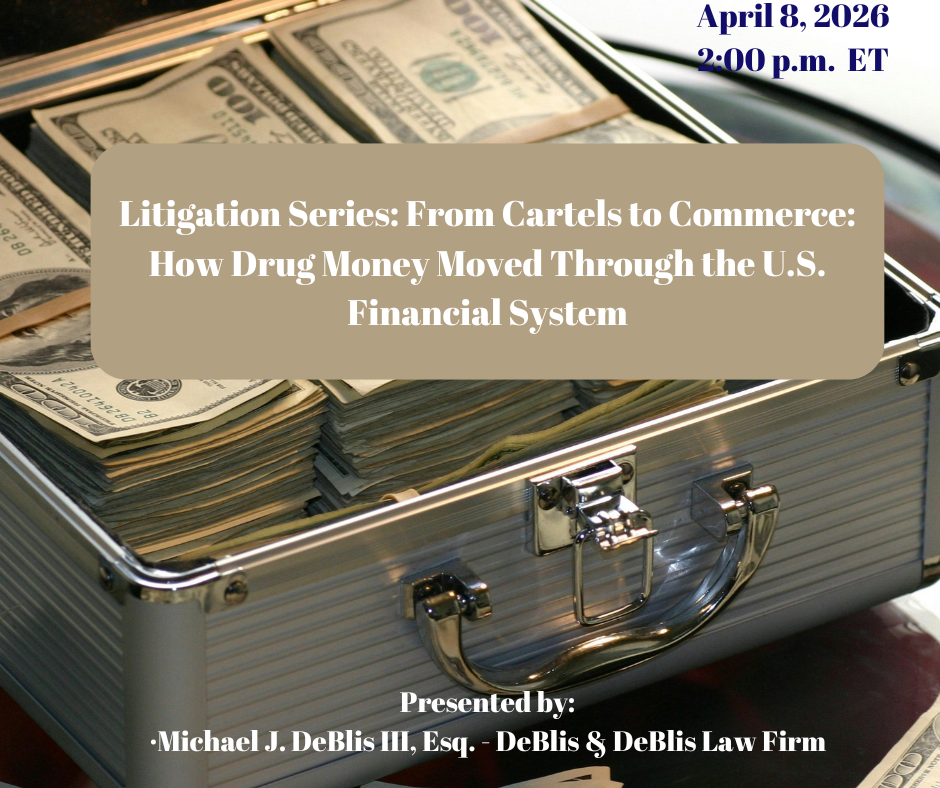
This program provides a detailed examination of the Black Market Peso Exchange (BMPE), one of the mo...
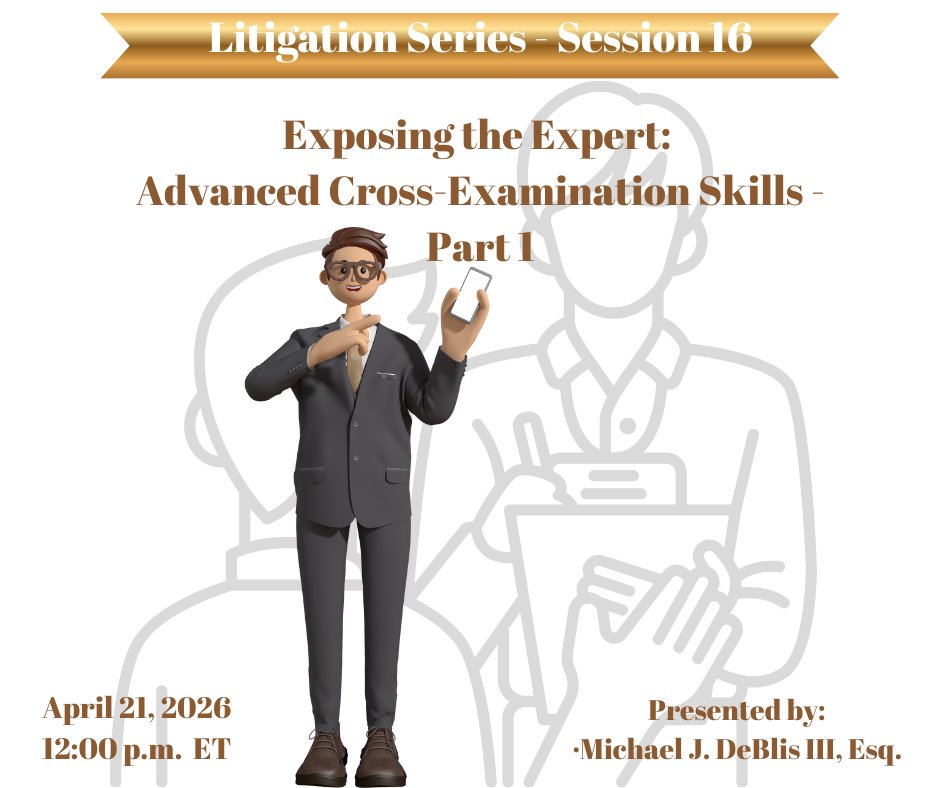
Part 1 - This program focuses specifically on cross?examining expert witnesses, whose credentials an...

As artificial intelligence becomes the engine of the global economy, the value of "AI-ready" data ha...
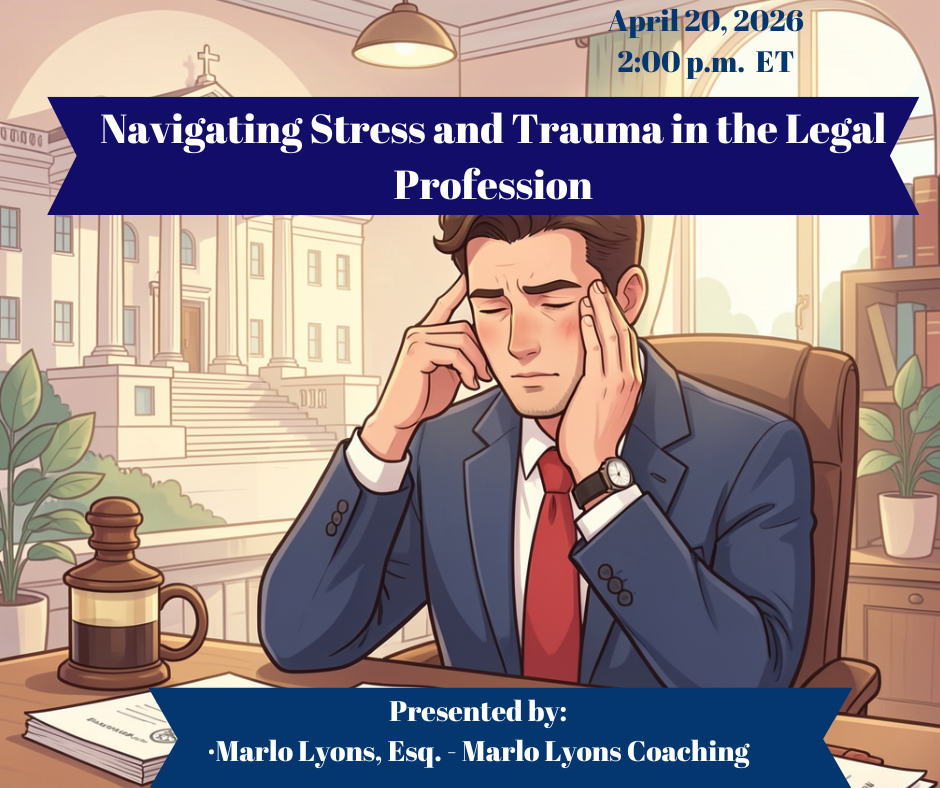
Navigating Stress and Trauma in the Legal Profession, explores the unique challenges faced by legal ...
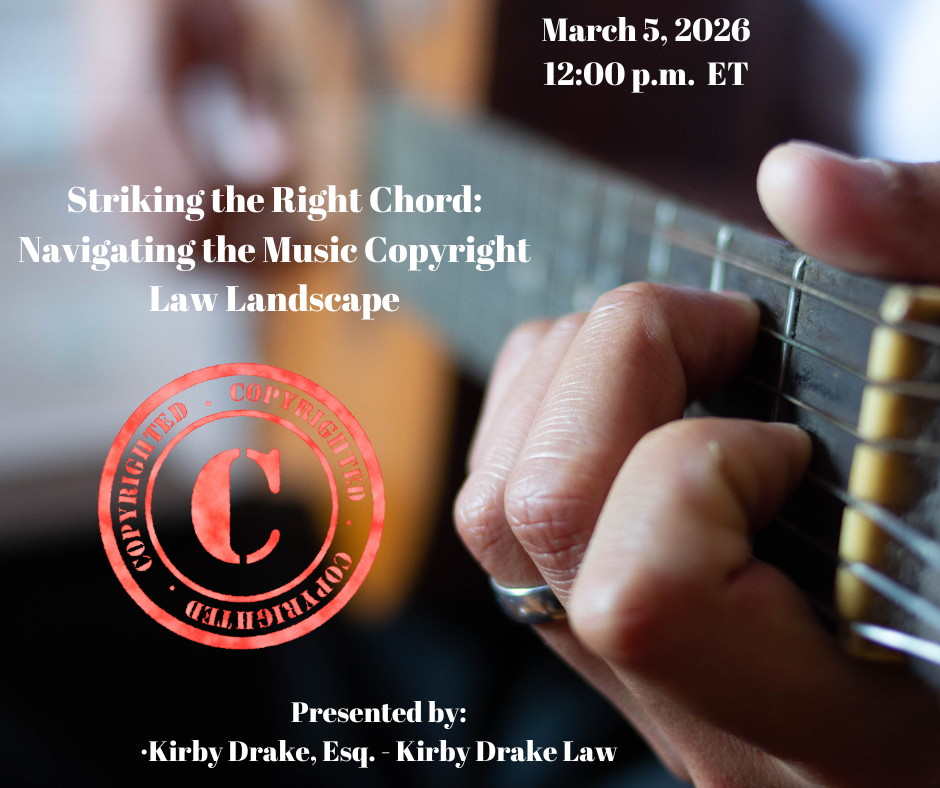
This presentation provides an overview of copyright law particularly as it applies to music. The pre...
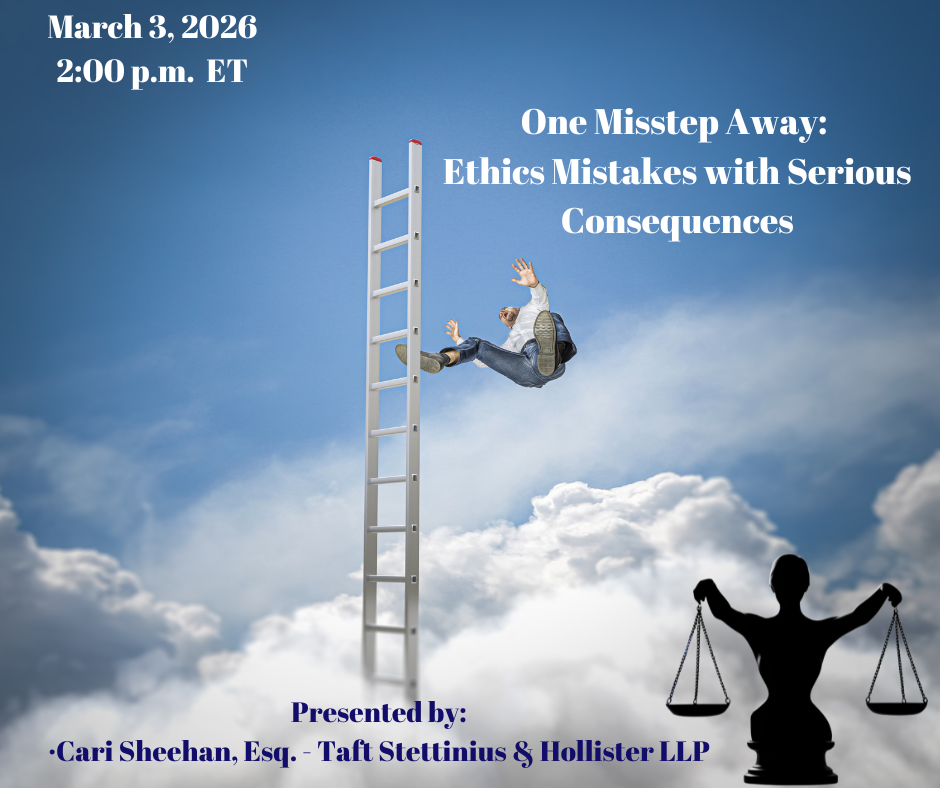
This ethics program examines common, but often avoidable, professional responsibility mistakes that ...